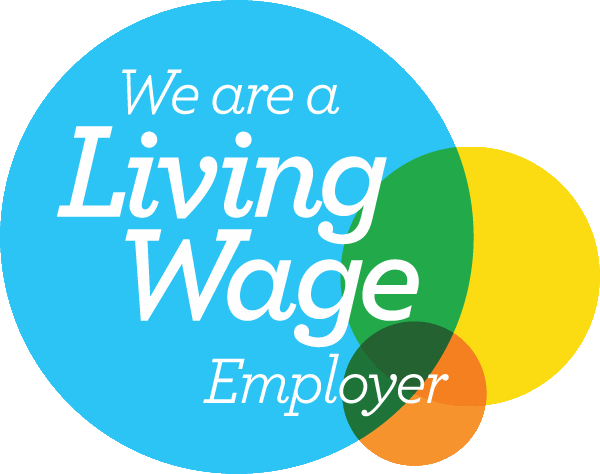A brief psychological intervention in which parents and carers are supported in applying cognitive behavioural therapy (CBT) principles in their child’s day-to-day life can lead to good outcomes for child anxiety disorders, according to new research. Professor Cathy Creswell and colleagues retrospectively evaluated the outcomes of CBT delivered by parents who are guided, in groups, by clinicians (Group GPD-CBT), typically in a series of seven, 90 min sessions.
The treatment consisted of psychoeducation, identification and testing of anxious cognitions through graded exposure and problem-solving. The parents then completed various between-session tasks, both independently and with their child. The researchers found that 70% children were discharged 3-8 months post-treatment without any further intervention required for anxiety.
When interviewed, most clinicians reported that they found Group GPD-CBT to be a helpful, practical and empowering treatment for child anxiety. They reported, however, that anxious parents may be reluctant to attend group training. The researchers propose that this Group GPD-CBT is a feasible first-line treatment for anxiety as part of stepped-care service delivery for common mental health problems in children.
Study Implications
Professor Cathy Creswell outlines some of the key implications from the study data:
Policy: “Our findings provide an evidence-based and acceptable first line treatment to increase access to psychological therapies for children; this is in line with the NHS England adult IAPT programme that delivers psychological therapies at scale within a stepped-care model”.
Clinical Practice: “Clinicians highlighted the potential benefits of a group approach to treatment delivery – both for themselves and participating parents/carers. They also highlighted the importance of how the intervention is introduced and presented to families to maximise engagement and overcome potential concerns about taking part (especially for parents/carers who may find groups particularly difficult)”.
Schools-educational practice: “Although not directly addressed in this paper, our approach could certainly be adopted by school mental health teams, to work in partnership with parents to support children in overcoming problems with anxiety”.
Gaps and recommendations for further science: “We do not know how individual delivery of this brief psychological intervention compares to the group approach, in terms of both clinical and economic outcomes. We also do not know which children do/do not benefit or benefit from the different treatment formats. Future research is needed to establish to what extent the approach needs to be adapted (or not) for particular groups of children who are at heightened risk of anxiety disorders (e.g. children with ASD, children with chronic health conditions)”.
Evans, R., Hill, C., O’Brien, D. & Creswell, C. (2018), Evaluation of a group format of clinician-guided, parent-delivered cognitive behavioural therapy for child anxiety in routine clinical practice: a pilot-implementation study. Child Adolesc Ment Health. doi: 10.1111/camh.12274
Glossary
Cognitive Behavioural Therapy (CBT): a form of talking therapy that encourages patients to manage their psycho-social problems by changing the way they think, feel and behave; CBT focuses on current problems and finds practical ways to improve state-of-mind on a day-by-day basis



